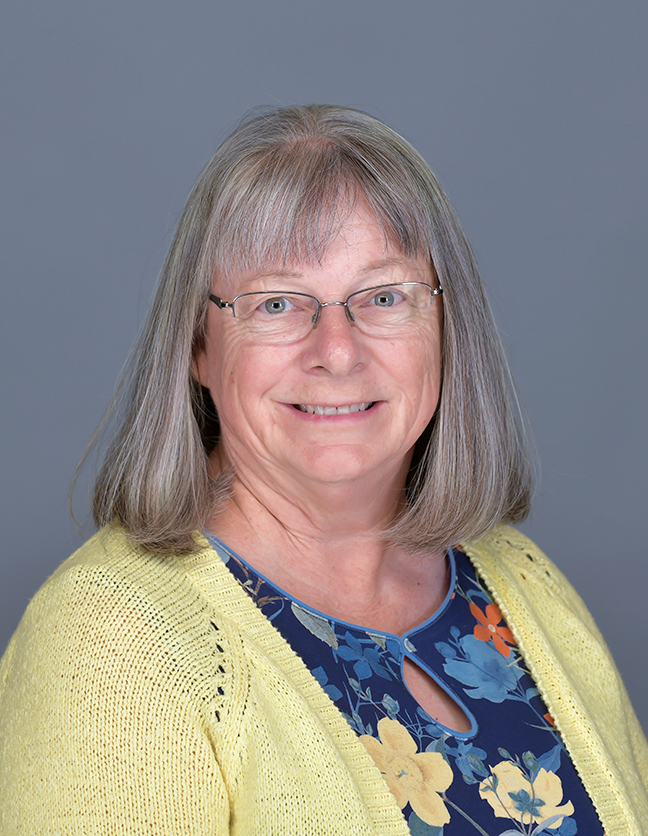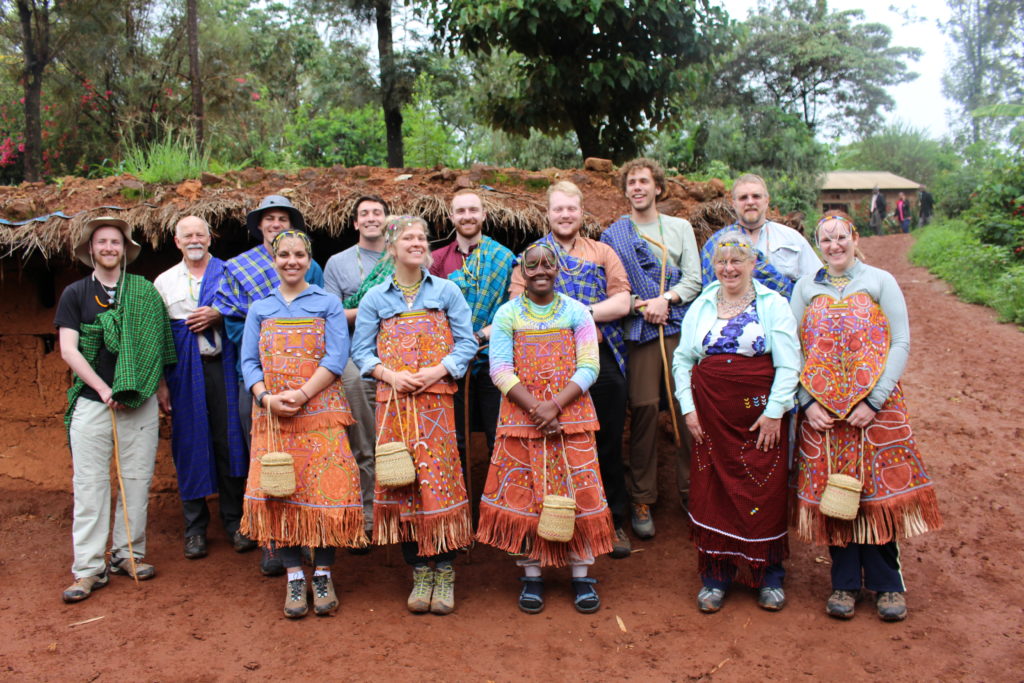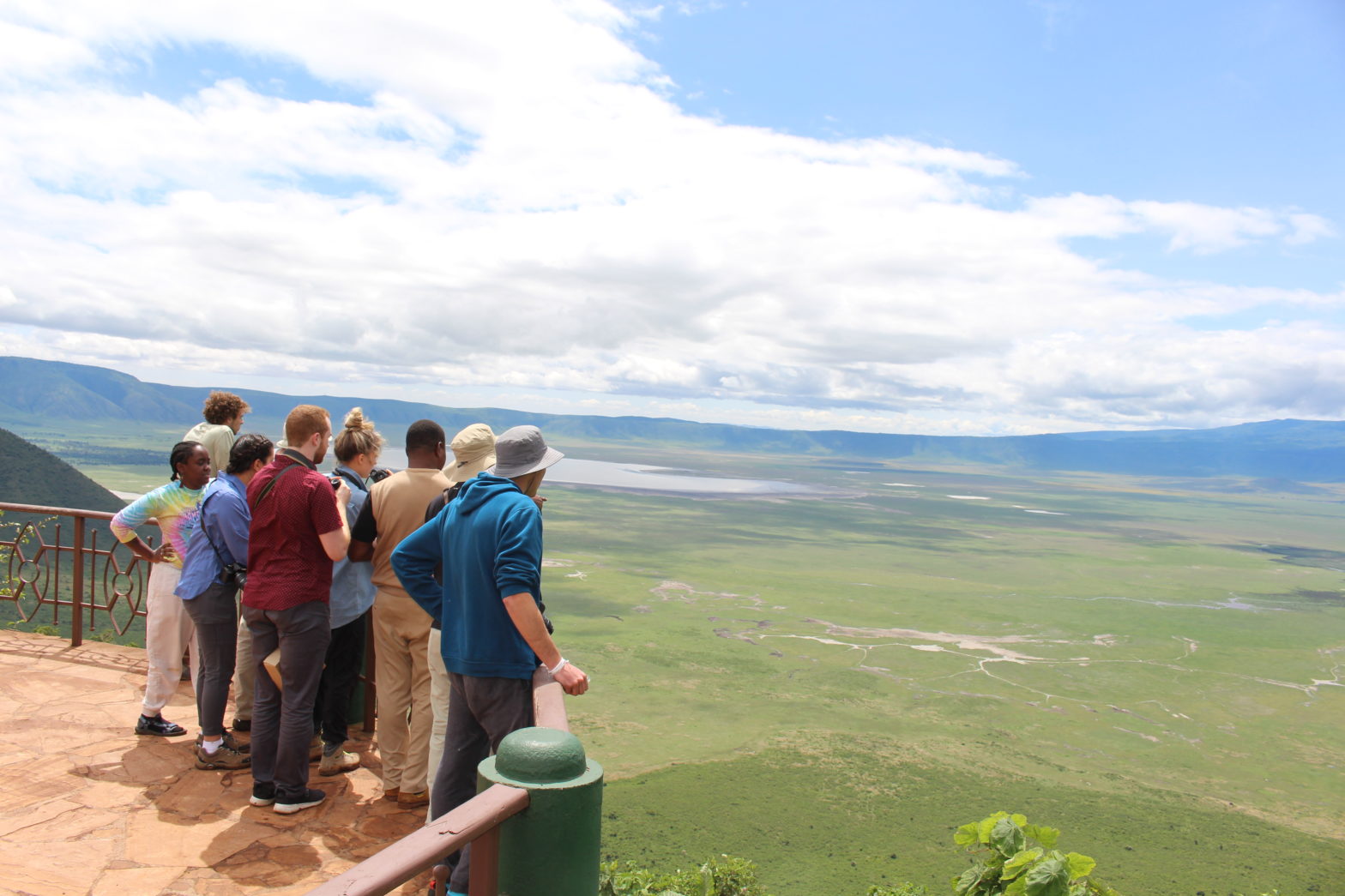
One of the best parts of your student experience at Hope College will be the faculty-student relationships you create with your professors. Both Cam and Adriana have interviewed one professor who has guided and shaped their time at Hope. Hear from Adriana’s professor, Dr. Kathy Winnett-Murray, Professor of Biology, about what makes Hope College such a special place.
What makes Hope unique to you?
Well, that the emphasis on experiential learning is not just “lip service,” it’s real. If you want to get involved in an experiential way academically, there is no shortage of opportunities. I wish more students would do their “extracurricular” stuff in the context of their academics (yes, things like student research, but lots of other possibilities too), because in the long run, that’s what’s going to pay off the most when you go looking for a job. The strong community atmosphere in a very thriving larger community setting in West Michigan also makes Hope stand out. For a person raising her family here, if you want to be involved in the community, there is no shortage of opportunities to do so.
I’d also like to mention something most people wouldn’t think about – the Hope College Nature Preserve is exceptionally unique…..on the entire planet. It is a chunk of forest just inland from the largest freshwater dune system on the entire planet. The forest there is unlike any other, and it is as pristine as any place you will ever find in the Midwest; four seasons of beautiful things to learn about! Most liberal arts colleges (and even big universities) don’t have anything this gorgeous to brag about, but even if they do have a natural area, it is usually quite developed and may have high human traffic. Ours is peaceful and serene. Let me know if you would like to visit sometime.
Why is a liberal arts education important?
First and foremost, because it’s how you come to know the human condition, and not just the one that you were raised in. If I were queen of the planet, I would require everyone to live a year in a different country (or in a really different part of our own country), something I consider part of any complete liberal arts education. Doing so changed my own outlook on my place in the world, and how others see the actions of the country I live in. It was without doubt the best part of my own liberal education. There are practical reasons such as the changing job market – nothing can substitute for the flexibility that being broadly educated will give you.
But on top of all of this, liberal arts trains you to learn how to learn in very different ways – different forms of inquiry, expression, and not all of them will be at your best comfort level. Just like the real world – whatever your career is- it isn’t going to always be your best comfort level. You always need to adapt and be open and eager to learning how to do things differently. The liberal arts will demand this of you.
If you insist on just doing stuff the old way, for example always picking things that were comfortable for you that you know you can get good grades in, then you’ll have a much tougher time than if you recognize that you will need to intentionally adapt your strategies for learning to serve you well. Being the best you can be (not just the same old of what you used to be) requires adaptation and adaptation is a very active thing; it’s not passive – it doesn’t “just happen.” Your success later on is not dependent on whether you can remember a particular reaction in the Kreb’s cycle but whether you can actively adapt your learning strategies for the task at hand.
How has Hope allowed you to connect more with students?
In many, many ways both in and out of the classroom. Some of my most memorable experiences connecting with students have been on “trips” such as May Terms where we live, eat, breathe, and learn together 24/7. More than anything, I love teaching outside, and so being able to work with students on extended field trips and/or May Terms lets me do that in a big way.

Pictured wearing traditional attire of the Iraqw Tribe
Many of my courses over the years have included camping trips, weekend getaways at field stations, and field labs instead of indoor labs. I have also been encouraged to create field-based courses, both for science majors and for other majors (e.g. GEMS courses). GEMS 204 (Regional Flora and Fauna) is one of my favorite courses to teach because it is all field trips with my students to local places where we are learning about the creatures we share the “neighborhood” with — it’s been a great course to learn about what neighborhoods my students have come from, and to hear about their trials and tribulations as they integrate with the Hope community during their first semester here.
What are you most looking forward to in the 2020-2021 school year?
Actually, I’m on sabbatical leave during the 2020-2021 school year and so I will be very much missing teaching this next year. In fact, I’ve been thinking alot about how the pandemic response and the new ways of teaching would have been really good and exciting for ME to be forced into adapting this next year, and I will be mostly missing out on that! However, I am eager to do lots of writing (to write up projects my students and I have been working on the last few years for publication in scientific journals), and I am working to develop educational activities for the city and campus tree project that dovetail with the tree app we’ve been developing with the computer science department.
This involves collaborating with a former student who is now director of a local nature center. I will be continuing research on hemlock woolly adelgids in the Hope College Nature Preserve, and some other forest-related projects. I am additionally collaborating with a former student who is studying the germination success of seeds that have been ingested by wolves.


